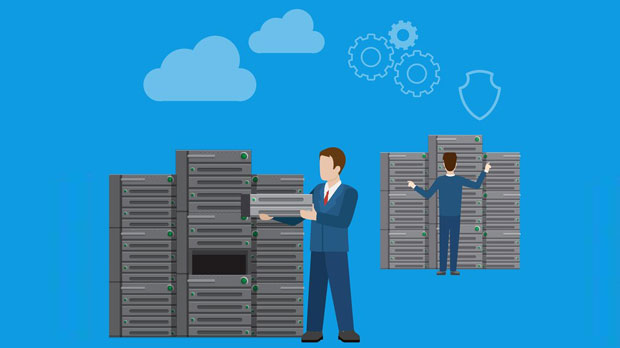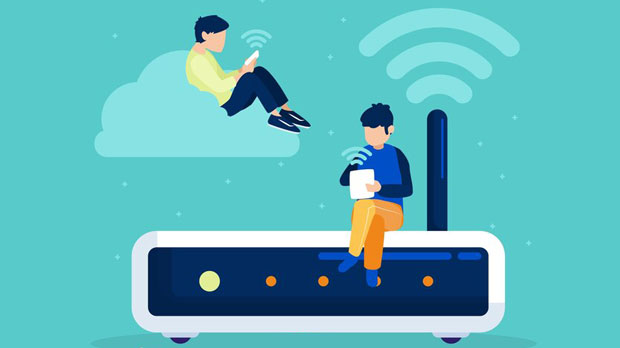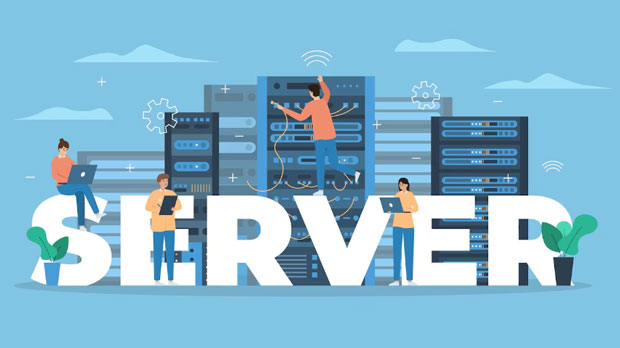In today’s digital age, the use of proxies in managing online activities, including social media, has become a common practice. The right proxy tool can significantly enhance the efficiency and security of social media management. Croxy Proxy, a popular proxy service, claims to offer a range of features that might be useful for handling social media tasks. But is it really suitable for such a purpose? In this article, we will delve into a detailed analysis of its functionalities, security features, and potential benefits for social media management. Introduction: Understanding the Role of Proxies in Social Media Management In social media management, proxies play an important role in enhancing user privacy, automating tasks, managing multiple accounts, and bypassing geo-restrictions. By masking the real IP address, proxies allow users to simulate online activity from different regions, which is particularly useful for businesses looking to engage with a global audience. As a proxy service, Croxy Proxy may seem like an ideal tool for managing multiple social media profiles, but its suitability depends on several factors.What is Croxy Proxy? Croxy Proxy is a versatile proxy service that offers users the ability to access blocked websites, mask their IP addresses, and enhance privacy online. It is commonly used for browsing the internet securely, bypassing geo-restrictions, and managing online identities. However, when it comes to social media management, the effectiveness of such a proxy service hinges on a few crucial features such as speed, security, scalability, and ease of use. Understanding these aspects is essential before determining whether Croxy Proxy can meet the specific needs of social media managers.Key Considerations for Social Media Management To assess whether Croxy Proxy is a suitable choice for social media management, let’s break down several key factors that are important for successful online engagement.1. Speed and Performance Social media management involves frequent tasks like posting updates, engaging with followers, and monitoring analytics. Speed is crucial for such activities to ensure that content is posted timely and interactions are seamless. Croxy Proxy, like many other proxy services, may introduce latency when routing traffic through its servers. Therefore, while it can help with anonymity and privacy, it might not always be the best option for time-sensitive tasks. Social media managers must consider whether the proxy service’s speed aligns with their operational needs.2. Security and Privacy In social media management, protecting the privacy and security of accounts is paramount. Proxies help by masking the IP address, preventing unauthorized access, and reducing the risk of cyber-attacks. Croxy Proxy offers a certain level of security, but its features should be scrutinized to ensure that it meets the necessary security standards for managing multiple social media profiles. Additionally, users should consider whether Croxy Proxy has features like SSL encryption or multi-factor authentication to further secure their activities.3. Handling Multiple Accounts For social media managers handling several accounts, proxies play a vital role in preventing account bans and ensuring smooth operations. Proxies can assign different IP addresses to various accounts, reducing the risk of triggering suspicious activities due to the use of multiple profiles from a single IP. Croxy Proxy’s ability to assign distinct IP addresses to users will determine if it can efficiently handle the demands of managing multiple accounts without raising red flags on platforms like Facebook, Instagram, or Twitter.4. Geo-Restrictions and Content Localization A significant advantage of using proxies is the ability to bypass geo-restrictions and access content from different regions. For businesses targeting a global audience, proxies enable them to create region-specific content, engage with followers from different parts of the world, and tailor marketing strategies to local markets. Croxy Proxy offers users the ability to mask their real location and appear as if they are browsing from another country. However, its effectiveness in managing geo-targeted content depends on its server distribution and the number of available locations.5. Scalability and Integration As social media strategies evolve, the need for scalability becomes essential. Social media managers may need to scale their operations to handle a growing number of accounts, followers, and engagement metrics. Croxy Proxy’s scalability will determine how well it can adapt to these changing needs. Additionally, integration with other tools such as social media scheduling platforms or analytics tools is crucial for a seamless workflow. If Croxy Proxy can integrate easily with these tools, it will add significant value to social media management.6. Customer Support and Troubleshooting When working with proxies, it’s important to have responsive customer support in case of issues. Whether it’s a connection failure or problems with account management, reliable support can ensure that social media managers can quickly resolve any issues without major disruptions. The quality of Croxy Proxy’s customer service, as well as its troubleshooting resources, will play a critical role in determining its overall value as a tool for social media management.Benefits of Using Croxy Proxy for Social Media Management Despite some limitations, Croxy Proxy can offer certain advantages when it comes to social media management. These benefits include:- Enhanced Privacy: By masking the IP address, Croxy Proxy helps to protect user identities and prevent unauthorized access.- Access to Global Content: With the ability to bypass geo-restrictions, social media managers can create and interact with content from various regions, making it easier to manage international campaigns.- Anonymity: For managing multiple accounts, proxies can reduce the chances of triggering suspicious activity, as each account can appear to be accessed from different IP addresses.Limitations of Croxy Proxy for Social Media Management While Croxy Proxy offers certain benefits, there are a few drawbacks to consider:- Potential Speed Issues: Proxies can sometimes cause slower browsing speeds, which could interfere with real-time social media management tasks.- Limited Features for High-Volume Tasks: For social media managers handling a high volume of content or accounts, Croxy Proxy may not be as robust as other specialized proxy services designed specifically for social media management.- Integration Challenges: Depending on the tools and platforms being used, integrating Croxy Proxy with certain social media management software might require additional configuration or troubleshooting.Conclusion: Is Croxy Proxy Ideal for Social Media Management? In conclusion, Croxy Proxy can be a useful tool for social media management, especially for those who need to maintain privacy, access global content, and handle multiple accounts. However, its speed limitations and potential challenges with integration may make it less than ideal for high-volume or time-sensitive social media tasks. Social media managers should weigh the pros and cons of using Croxy Proxy and determine if it meets their specific requirements based on their unique needs and the scale of their operations.
Jul 11, 2025
![arrow]()



















































